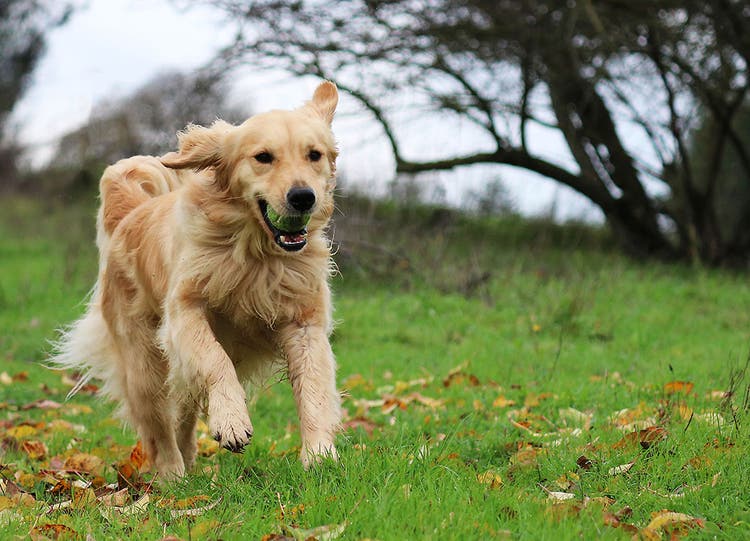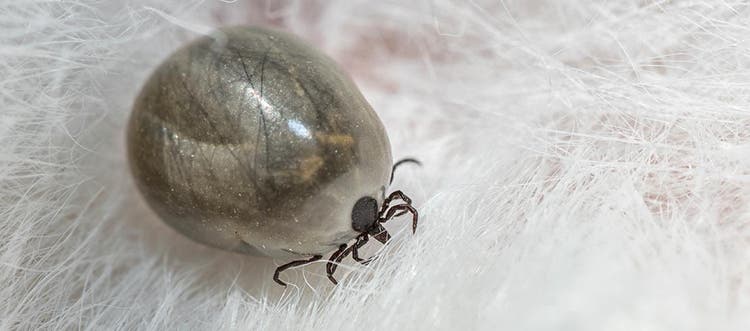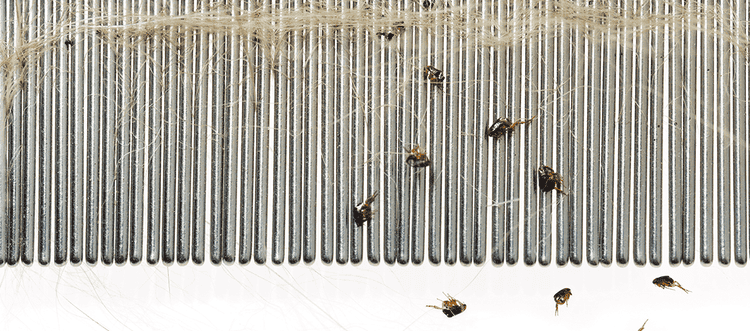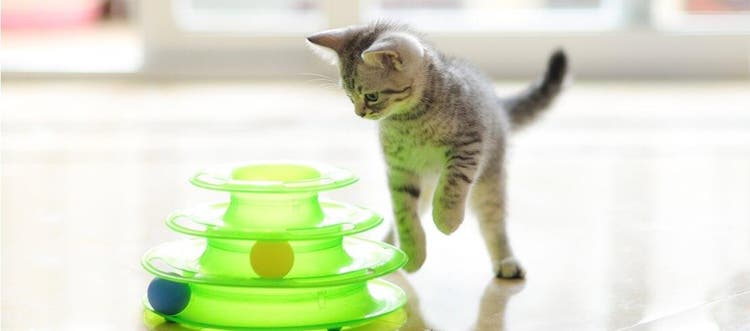Yes, humans can contract worms from cats and dogs, including roundworms, hookworms and tapeworms. Here’s what you need to know.
Most pet owners only think of their pet’s welfare when they treat worms. It’s important to know, however, that worms can also pose a health risk for you and your family. That’s why it’s so essential to know the symptoms of worms in cats and dogs, to deworm your pet and maintain a regular deworming schedule, as required.
Here’s our guide to the parasites your cat or dog could catch and how you can reduce the risks of you and your family contracting them.
Roundworms
Humans can pick up roundworms from a variety of places, including contaminated soil or feces where roundworm eggs have accumulated. If the roundworm eggs are accidentally ingested the larvae will then hatch and migrate around the body. This can cause serious organ damage, including blindness and respiratory failure. That’s why it’s very important to wash your hands carefully after working or playing outside in soil or handling dog or cat stool (particularly from puppies or kittens).
Here are a few places you could pick up roundworms:
From pet waste
Roundworms can cause disease in humans if we unknowingly eat the microscopic eggs that infected dogs and cats shed in their feces. Always use a bag to collect your pets’ waste, and regularly pick up the stool in your backyard to help limit the potential spread of parasites. Always wash your hands thoroughly after handling dog or cat stool.
From the soil
Roundworm eggs can survive in soil for up years and can even endure Canadian winters. Adults can come into contact with them during gardening, and young children are at risk of infection if they play outside in the dirt and don’t wash their hands afterwards. Roundworm eggs in the soil can also stick to your pet’s fur, especially if your dog or cat loves to dig, so always wash your hands after petting your pet.
Tapeworms
Tapeworms are segmented worms that live in the intestine. Small egg-filled segments break off and are passed in your pet’s feces. These segments are not alive but remain mobile for some time. If your pet has tapeworms, you may see tiny white segments that look like grains of rice crawling around their back end or in their stool.
Dogs and cats can become infected with tapeworms by swallowing infected fleas, while hunting or scavenging, or when eating uncooked meat or innards of a dead animal. Symptoms of flea tapeworm infection in dogs include an itchy rear end, vomiting and diarrhea.
Can you get a tapeworm from your dog or cat? The answer is, unfortunately, yes.
Rarely, humans can contract tapeworms if they accidentally consume an infected flea (for example, after petting your flea-infested pet). A certain species of tapeworms, i Echinococcus multilocularis, can cause alveolar echinocccosis in dogs and humans. This is a serious and potentially fatal disease that causes tumour like masses to grow in organs, particularly the liver. You and your dog can be infected by accidentally consuming parasite eggs passed in your dog or wild canid fecesReduce your likelihood of exposure by treating your pet for tapeworms, preventing your dog from scavenging, and maintaining good hygiene practices.
Hookworms
Similar to tapeworms and roundworms, hookworms are parasites that live in the intestines of a dog. Your dog can pick up hookworms by ingesting soil or water with the larvae in it, when larvae penetrate through their skin or when they eat an infected rodent, bird or animal. Adult dogs don’t commonly show symptoms of hookworms, but they can cause serious illness in young dogs including lethargy, diarrhea, anemia and even death.
People can also contract hookworms. Like tapeworms, hookworms can enter humans by being accidently consumed (for example, after petting your flea-infested dog or cat).
Hookworm larvae can also burrow into your skin if you walk across a contaminated area in your bare feet. Signs of hookworm are a mild to severe itchy rash and visible track marks on your skin where the larvae have burrowed in.
Hookworms can lead to a serious intestinal infection that causes respiratory and gastrointestinal problems and even anemia due to loss of blood. To avoid the risk of a hookworm infection, treat your pet against worms and avoid walking barefoot outside.
Dealing with worms
If you suspect your pet may have worms, make an appointment to discuss treatment and prevention options with your veterinarian.









